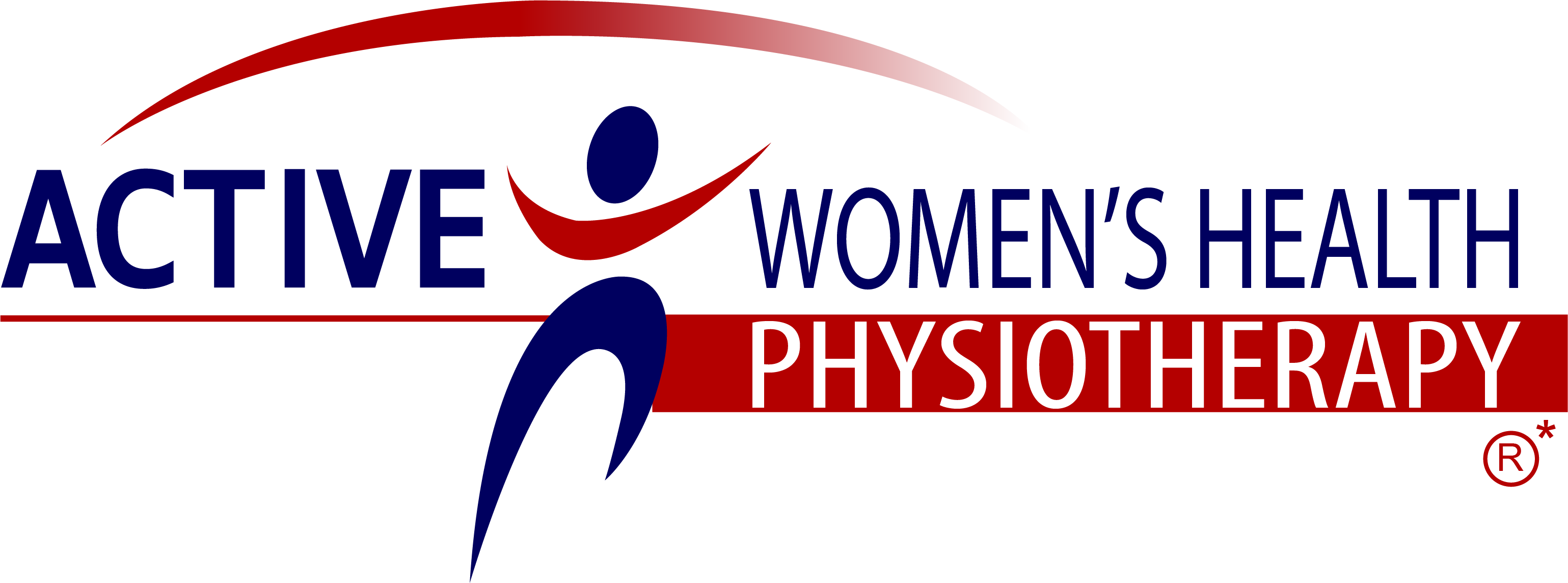Every day in my job I try and reassure women that menopause doesn’t have to be the big bogey that it is made out to be. In fact I found menopause quite liberating – once I stopped buying pregnancy testing kits and actually believed I wasn’t going to fall pregnant at 52. There is also a certain freedom that often comes with the timing of menopause – your children start to leave the nest.
Now whilst this can be sad – not having their presence there every night when you come home from work; not having the elevated washing pile; not having the mountain of washing up; being able to cook one meal a week and then just eat the leftovers every night, night after night…..yes it is sad, because you miss them.
But it can be a quality time for you to ramp up your own hobbies, to cook whatever you want and eat it at whatever time takes your fancy, to reclaim your relationship (and run in the nudie between the bathroom and the bedroom, or saunter slowly even!)
Six years ago I attended a workshop on Women’s Health Physiotherapy and Menopause run by Michelle Lyons, one of my pelvic health physio friends/colleagues from Ireland and she had the following two definitions of menopause.
The first description of menopause:
“The joy of menopause is the world’s best kept secret. Like venturing through the gateway to an ancient temple, in order to claim that joy, a woman must be willing to pass beyond the monsters who guard its gate….as thousands of women from all cultures throughout history have whispered to each other, it is the most exciting passage a woman ever makes”.
Now read the next description by Theresa Crenshaw in 1996:
“Menopause is not a natural condition; it is an endocrine disorder and should be treated medically with the same seriousness we treat other endocrine disorders, such as diabetes or thyroid disease”.
Really?!? Oh come on – we can do better than that surely?
The first definition gives more hope to women that menopause is just a natural time in a woman’s life, which may of course have varying degrees of comfort or discomfort. What also needs to happen is, we need to change the conversation about menopause to stop the risk of handing down from generation to generation thought viruses and a dialogue of negativity about this particular life stage of a woman.
We know there are many changes that happen (or are blamed) on menopause, but I would like us to think more positively about it as a life stage and instead of expecting all the bad things, maybe get help and address the physical changes and look forward to the positives.
Take up new pursuits which have scientific proof to be helpful for cognitive, cardiovascular and bone health such as dance.

A dance class in my old Studio 194 – happy days.
So for my patient I encouraged her to take one day at a time and be focused on her recovery from chemotherapy. We then moved her attention to the goal of that marathon. We fitted a pessary and I got her to have a running assessment with one of my colleagues where she learnt how to relax her body when running and stop trying to clench and hold everything “in” – to trust in her body. We did a paced and graded build up in distance – doing regular 3 month checks to make sure everything was holding as it should. It took 18 months but she eventually achieved her goal and was ecstatic.
Here is a meme to help us feel inspired about embracing menopause.
Taken from Instagram
Although I am not sure about that “make someone else’s bed”– another good thing about being an empty nester is you don’t even think about bed-making!
And finally, as you grow older, try and grow stronger – in mind and body – because the world can be a tough place and I know being strong will enable all women to embrace everything that gets thrown at them.

Here’s to Day 2 of Women’s Health Week – let’s share the conversation about embracing menopause and all it brings us. Tomorrow we will learn about the joy that a healthy, strong pelvic floor will add to your life.





